Search
Search Results
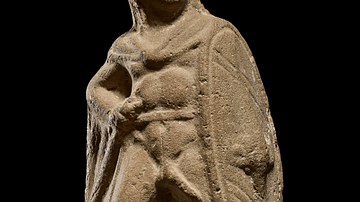
Definition
Lugh
Lugh (also Lug, Luga) was one of the most important Celtic gods, particularly in Ireland, and he represented the sun and light. Although originating as an all-wise and all-seeing deity, Lugh was later thought of as a historical figure, great...
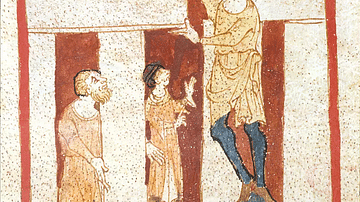
Definition
Merlin
Merlin (also known as Myrddin, Merlinus) is the great wizard of the Arthurian Legends best known from Sir Thomas Malory's Le Morte D'Arthur (1469 CE). The character was created by Geoffrey of Monmouth in his History of the Kings of Britain...
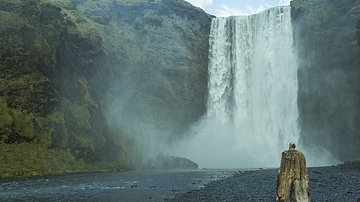
Article
The Legendary Settlement of Iceland
It is said that the early Norse settlers of Iceland in the Viking Age (c. 790-1100 CE) believed it was the home of the gods because of the tale of the creation of the world in Norse religion. In the time before time, the story goes, there...
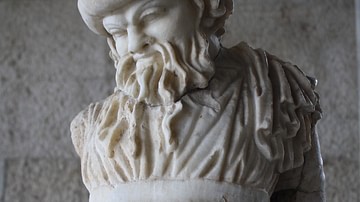
Definition
Silenus
Silenus (also spelt Silenos) is a rustic god of the forest, drunkenness and wine-making in Greek mythology. He is best known as the companion and foster father of the god Dionysos. Silenus is closely associated with the satyrs, sometimes...

Definition
Japanese Tea Ceremony
The Japanese Tea Ceremony (chanoyu or chado) is a cultural tradition involving very particular places, procedures, and equipment for drinking green tea. Originating as a habit of Chinese Buddhist monks to aid their meditation, tea-drinking...
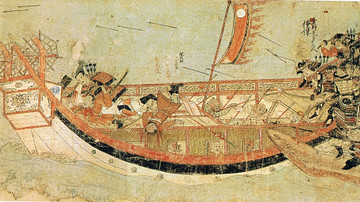
Article
The Mongol Invasions of Japan, 1274 & 1281 CE
The Mongol invasions of Japan took place in 1274 and 1281 CE when Kublai Khan (r. 1260-1294 CE) sent two huge fleets from Korea and China. In both cases, the Japanese, and especially the samurai warriors, vigorously defended their shores...
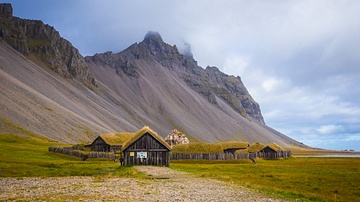
Article
The Vikings in Iceland
The medieval sources on the discovery and settlement of Iceland frequently refer to the explorers as “Vikings” but, technically, they were not. The term “Viking” applies only to Scandinavian raiders, not to Scandinavians...
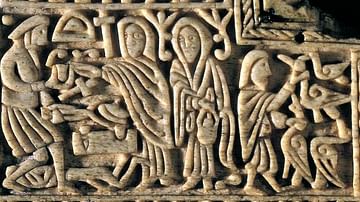
Article
Elves & Dwarves in Norse Mythology
Elves and dwarves represent minor divine figures in Norse mythology. Elves (álfar) and dwarves (dvergar) have in common their talent for creating precious objects, skill, agility, and moral ambiguity. Dwarves appear in several important stories...

Article
Origin of the Sweat Lodge
The sweat lodge is a temporary or permanent structure integral to Native American culture and frequently used in spiritual ceremonies. The lodge is often a low, dome-shaped, structure heated by hot rocks which produce steam as water is poured...
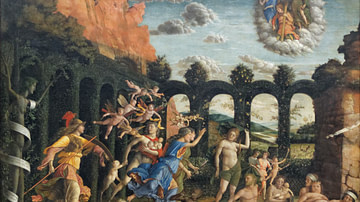
Definition
Renaissance Humanism
Renaissance Humanism was an intellectual movement typified by a revived interest in the classical world and studies which focussed not on religion but on what it is to be human. Its origins went back to 14th-century Italy and such authors...